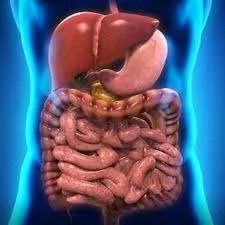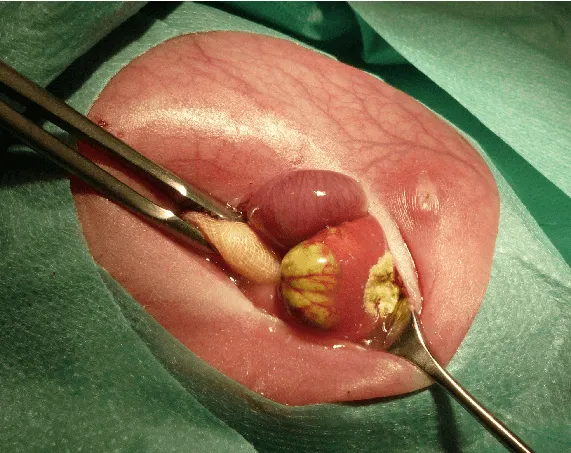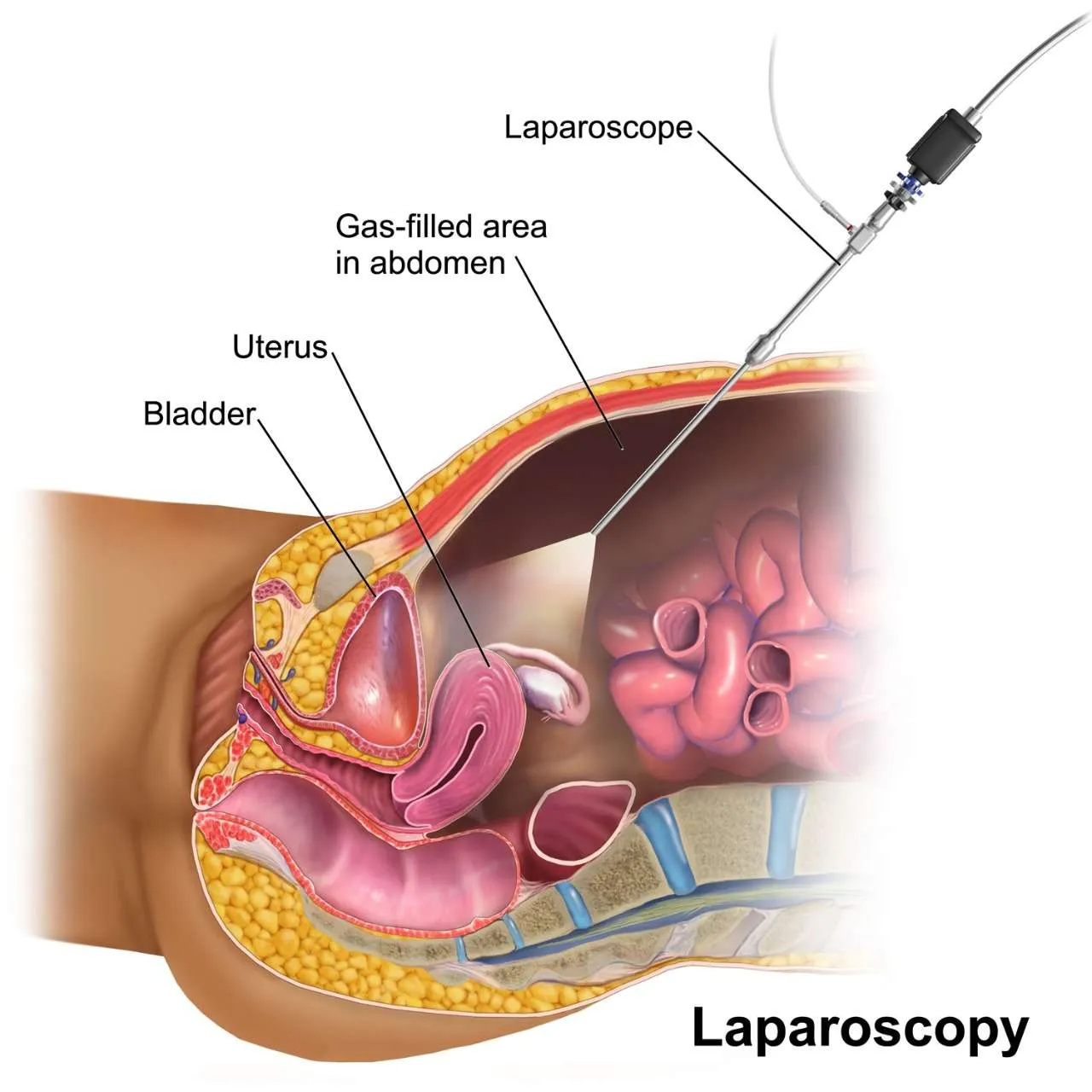Gastrointestinal Surgery in Mumbai
Dr. Harsh Sheth is a well-known surgeon for bariatric surgery in Mumbai and a reputed laparoscopic gastrointestinal surgeon in mumbai, who is well trained in treating gastrointestinal disorders through medical treatment as well as Gastrointestinal surgery in mumbai.
Considered as one of the best gastroenterologist and bariatric surgeon in Mumbai,
Considered one of the best gastroenterologist in Mumbai, Dr. Harsh Sheth is available for consultation at Saifee hospital, Bhatia Hospital, Wockhardt Hospital, Mumbai Central, and Apollo Spectra Hosptial, Tardeo in Mumbai.
Gastrointestinal disorders and treatment

Diseases in the stomach, esophagus (food pipe), small and/or large intestine, gall bladder, liver, pancreas, and rectum, as well as those concerning the abdominal wall (such as hernia’s) need to be treated by a gastrointestinal doctor.
Gastrointestinal disorders include gall bladder stones, appendicitis, reflux, gastric& duodenal ulcers, cancers of the esophagus (food pipe), stomach, liver, pancreas, gall bladder et al., liver cysts, liver abscesses, hernia, fistula, constipation, perineal abscesses, fissures, hemorrhoids, colitis, and so on.
The gastrointestinal doctor could prescribe medical treatment or surgical procedures based on the patient’s presentation, ability to tolerate surgical intervention, and the type and extent of the disease.
Types of gastrointestinal disorders –

- In esophagus – esophagitis, stricture, achalasia cardia, cancer etc.
- In stomach – gastric ulcers, gastritis, stomach cancer etc.
- In esophagus & stomach – GERD – Gastroesophageal reflux disease, hiatal hernia etc.
- Gall Bladder – acute or chronic cholecystitis or any of its attendant complications, gall bladder cancers etc.
- Liver – Hydatid Cyst of the Liver, Liver Cancer, Simple Liver Cyst, Liver abscess etc.
- Pancreas –Acute and chronic pancreatitis, pseudocyst of the pancreas, pancreatic cancer, pancreatic neuro-endocrine tumor etc.
- Intestines -Crohn disease, ulcerative colitis, colonic polyps and cancer, diverticulitis, intestinal ischemia, short bowel syndrome, malabsorption etc.
- Rectum – Hemorrhoids, fissures, rectal prolapse, proctitis and other disorders of the rectum and anal canal.
Solve complex GI problems with our advanced surgical techniques. Book your appointment.
Diagnosis
Gastroentrologist in Mumbai is available to guide and treat patients suffering from these disorders, After a thorough history taking and physical examination, he may need suggest further investigations as deemed appropriate such as,
Imaging modalities – X-rays, fluoroscopy, ultrasound, CT scans MRI, PET scans or other diagnostic modalities.
Diagnostic modalities – upper GI endoscopy, colonoscopy, capsule endoscopy, endoscopic ultrasound and diagnostic laparoscopy
Type of Gastrointestinal surgery
- Foregut surgery – Foregut surgery is performed on the organs located on the upper tract of the digestive system, i.e., the esophagus, stomach, liver, pancreas, and gall bladder.
- Hindgut surgery – Hindgut surgery is performed on the organs located in the lower region of the digestive tract such as the small intestine, the colon and the rectum.
- Abdominal wall reconstruction (AWR) surgery – Abdominal wall reconstruction (AWR) surgery is recommended to address the weakened muscles and tissues of the abdomen due to previous surgeries causing formation of abdominal wall (incisional/ventral) hernia.
About Laparoscopic gastrointestinal surgery -

Laparoscopic gastrointestinal surgery is an advanced form of keyhole surgery that involves small cuts or incisions over the abdomen. The length of these cuts is between 5 mm to 12 mm or alternatively a single 1.5-2 cm single cut in the navel to perform what is known as Single Incision Laparoscopic Surgery (SILS) or scar less surgery.
A laparoscope is a long, thin tube with a tiny camera attached to its tip, which is inserted in one of the cuts. Through the laparoscope, the surgeon can view the surgical area and operate through the other cuts.
Restore your gastrointestinal health with expert care. Schedule a consultation
Types of laparoscopic gastrointestinal surgery:
Expert solutions for gastrointestinal issues are just a call away. Schedule an appointment
Frequently Asked Questions
When should the patient approach a surgical gastroenterologist?
Which GI disorders can a gastroenterologist treat?
What is abdominal wall reconstruction?
Abdominal wall reconstruction repairs the issues in the abdominal wall. The surgeon will treat open wounds in the abdominal walls, restructure the damaged tissues, and strengthen the integrity of the abdominal muscles.
In which conditions, it is advisable to perform abdominal wall reconstruction surgery?
This procedure is recommended for patients with an incisional hernia or recurring hernias. Also, it is advised in the cases of infection post-surgery or wound after a hernia repair.
Why are laparoscopic GI surgeries preferred over open GI surgeries?
Laparoscopic GI surgeries are procedures that seek the assistance of tiny video cameras during surgery for accuracy. They require small incisions resulting in less pain, blood loss, and quick recovery. On the other hand, open GI surgeries use conventional surgical procedures. The size of the scar and blood loss depends upon the condition of the patient. It does mean more blood loss, more trauma, and a longer recovery period. However, laparoscopic surgeries do have certain limitations and cannot be performed for patients with severe heart or lung disease and in those who may not easily tolerate general anesthesia.
In which conditions is a laparoscopic splenectomy suggested?
If the patient suffers from auto-immune thrombocytopenia purpura, hemolytic anemia, genetic conditions such as spherocytosis, sickle cell disease or thalassemia, malignancy due to cancer of the cells, then the GI surgeon recommends laparoscopic splenectomy.
Is laparoscopic surgery risk-free?
If performed by a competent laparoscopic surgeon with adequate training in laparoscopic surgery, laparoscopic surgeries are safe, albeit not ‘risk-free’. Every surgery can have its fair share of complications, and laparoscopic surgery is no exception. Complications can include, cardiac and lung compromise due to insufflation of carbon dioxide in the abdomen to perform the procedure, injury to vital structures while placing the ports inside the abdomen to perform the procedure etc. However, these mishaps can be avoided in the hands of a well-trained laparoscopic surgeon.
